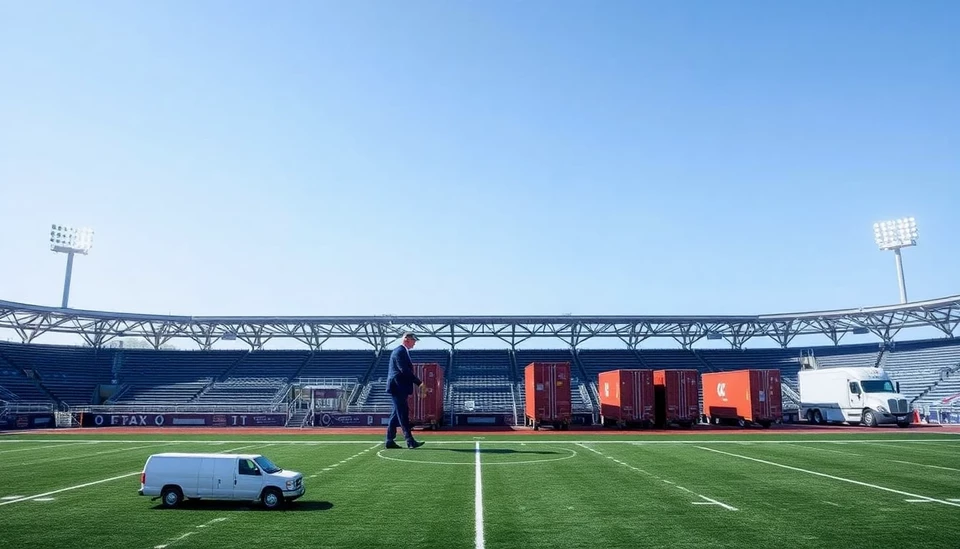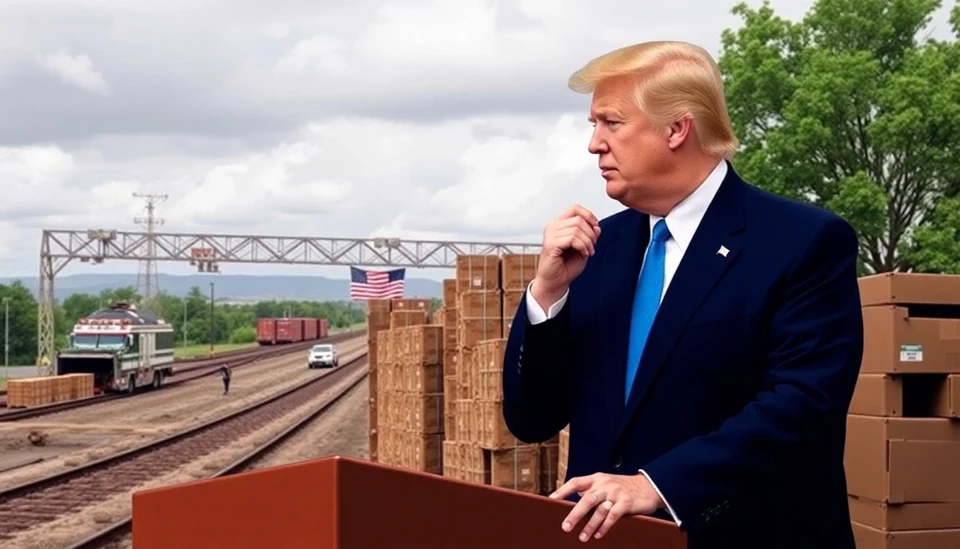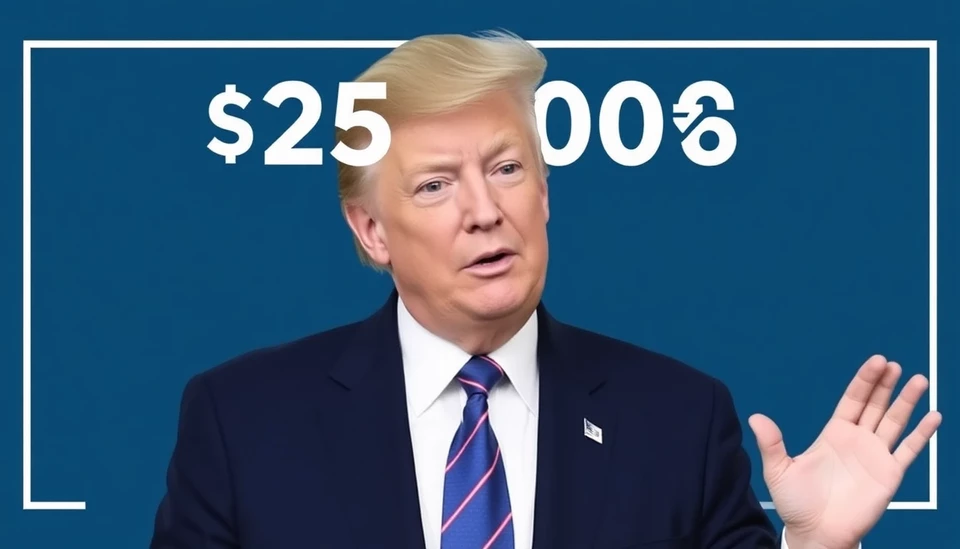
In an unexpected twist of economic policy, President Donald Trump's impending tariffs are poised to have a significant impact on the sports industry, particularly the valuation of professional sports teams across the United States. This development hints at a unique intersection of international trade policy and sports economics that may alter the landscape of franchise ownership.
The proposed tariffs, which primarily target imports from several countries, are projected to lead to a rise in operational costs for teams that rely on international supplies, such as sporting equipment and merchandise. However, rather than dampening the overall market value of these franchises, analysts suggest that the tariffs could actually drive an increase in team valuations. The rationale behind this surprising outlook lies in the belief that higher operational costs often translate to higher revenue streams as teams adjust ticket prices and merchandise sales to compensate.
Furthermore, the tariffs may facilitate a surge in domestic spending. As international goods become more expensive, teams could capitalize on this shift by promoting local products and engaging with surrounding communities in new ways. This could result in an uptick in local fan engagement, which historically translates into increased team valuations due to heightened brand loyalty and sales of team merchandise.
Moreover, the competitive nature of the sports market means that franchises are always looking for ways to enhance their value. The tariffs could prompt teams to invest further in their facilities and infrastructure in hopes of offering top-tier experiences to fans, thereby augmenting revenue potential. This investment gets viewed as a strategic opportunity to enhance brand equity amidst changing economic circumstances.
Experts in the field of sports economics are closely monitoring how these tariffs will unfold and how franchises will respond in the short and long term. The relationship between trade policies and sports team valuations paints a complicated picture, but it is one that will likely captivate investors and franchise owners alike, eager to understand the implications of such fiscal maneuvers.
As the dust settles around this economic decision, one thing remains clear: Trump's tariffs will have ripple effects, profoundly influencing the financial landscape of the professional sports industry. The effects of these tariffs could set a new norm for how sports teams operate and what they are worth.
In conclusion, while the tariffs are intended to protect domestic industry, their indirect consequences may very well inflate the values of professional sports franchises, leaving fans, owners, and economists pondering the true cost of these policy choices.
#TrumpTariffs #SportsValuation #SportsEconomics #FranchiseValue #DomesticSpending #EconomicsInSports #TradePolicy #SportsBusiness
Author: Victoria Adams




